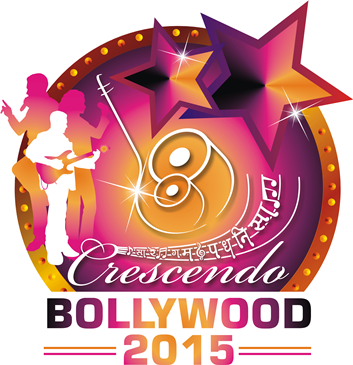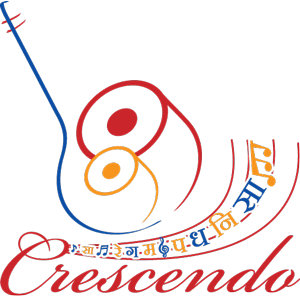| Hirabai Barodekar | ||
|---|---|---|
| Gharana | Khayal - Kirana |  |
| Speciality | Vocal | |
| Guru |
Abdul Wahid Khan Sureshbabu Mane | |
| Born | Please login to view this information | |
| Died | Please login to view this information | |
| More information at : | Please login to view this information | |
| Short Bio : | Information submitted below has been put here only for educational purpose and has been submitted by community users and users of the site. SwarGanga has not verified any copyright and takes no responsibility whatsoever. If you feel that you own copyright to the material below, please let us know and we will with you on the same. Hirabai Barodekar, the second child of Kirana founder Abdul Karim Khan and Tarabai Mane, was born in Miraj. She was trained in Khayal under Ustad Abdul Waheed Khan and her elder brother Sureshbabu Mane. She received training for short time also from Ramkrishnabuwa Vaze (doyen f Gwalior gharana) and Govindrao Tembe (for NatyaGeet). A very soothing, honey voice, emotive factor, peaceful and exorbitant vocal clarity were her strengths. Her amazing rendition of 'Taar Shadaj' was very popular and became her hallmark. She made Kirana gharana more popular. Hirabai was an outstanding all round performer displaying felicity in Khayal as well as Thumri, Bhajan, Bhavgeet and Natyageet. She was also an accomplished Marathi stage actress, highly regarded in Maharshtra. Hirabai acted in several movies, including "Suvarna Mandir", "Pratibha", "Janabai". She also acted in many Sangeet Natak-s (musical dramass) such as Saubhadra, Manapaman, Sadhvi Mirabai, Yugantar, etc. under her own company "Nutan Sangeet Sangeet Natak Mandali" as well as in other companies sharing stage with maestros like Pt Vinayakrao Patwardhan, Chhota Gandharva, Vasantrao Deshpande, etc. She was the one who started ticked shows of herself and present her art with elegant outlook and for this she also got praise and support from Pandit Vishnu Digambar Paluskar. She was truly pioneer of auditorium concerts by women artists in India. Her nature was so simple, down to earth and peaceful which was truly ideal for many female artists in next generations. Hirabai became a recording artist very early in her career. Her 78 rpm recordings by HMV were very popular from early 1930's and they have been re-released by RPG in their Classical Gold series. Hirabai received several awards, such as Sangeet Nātak Akādemi Award (1955), Padma Bhushan Award (1970). Vishnudas Bhave Award for her contribution to theatre. She was chosen to sing the national anthem, Vande Mātaram, from the Red Fort in India's capital Delhi on the day India received its independence from the British Raj (August 15, 1947). She visited China and the East African countries as a part of an Indian Delegation in 1953. She was titled "Gaansaraswati" by Shankaracharya and "Gaan kokila" (nightingale of India) by Sarojini Naidu. She trained many in music, such as Manik Verma, Prabha Atre, Mālati Pānde, Jānaki Iyer, Sita Mavinkurve, Suvarna Chandrashekharan, Shaila Pandit, Pratibha Paranjpe, etc. An annual music festival is held in Mumbai by her disciple Dr Prabha Atre by the name 'Sureshbabu - Hirabai Smruti Sangeet Samaroh' since 1992. |
|
| Disciple tree | Please login to view this information | |
You might also like the following videos we randomly search for you from youtubePlease wait while we randomly search some videos |



